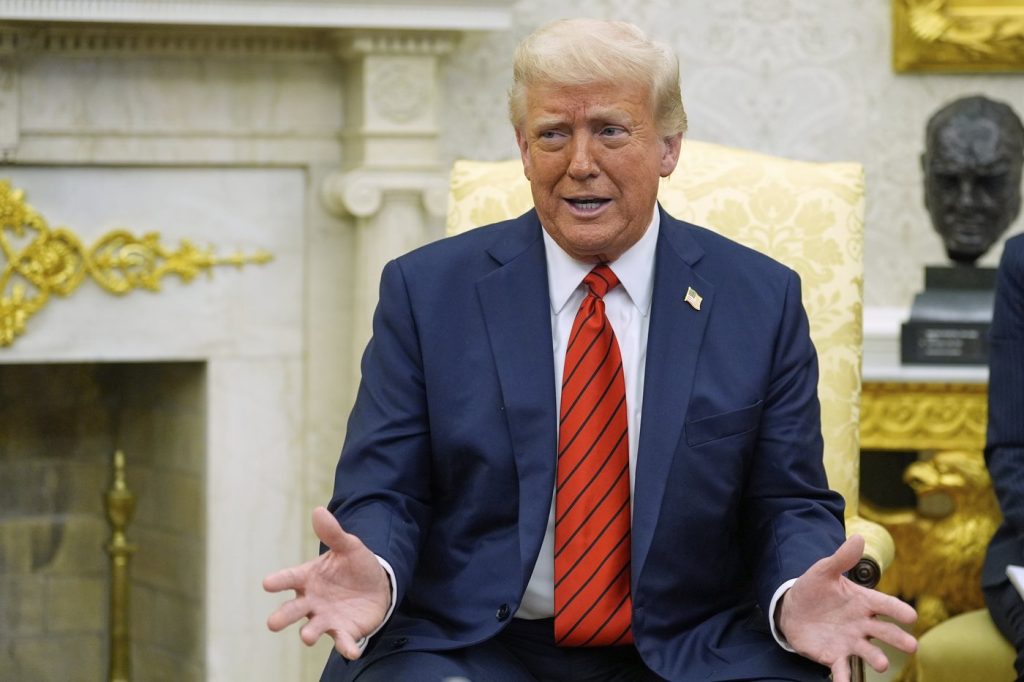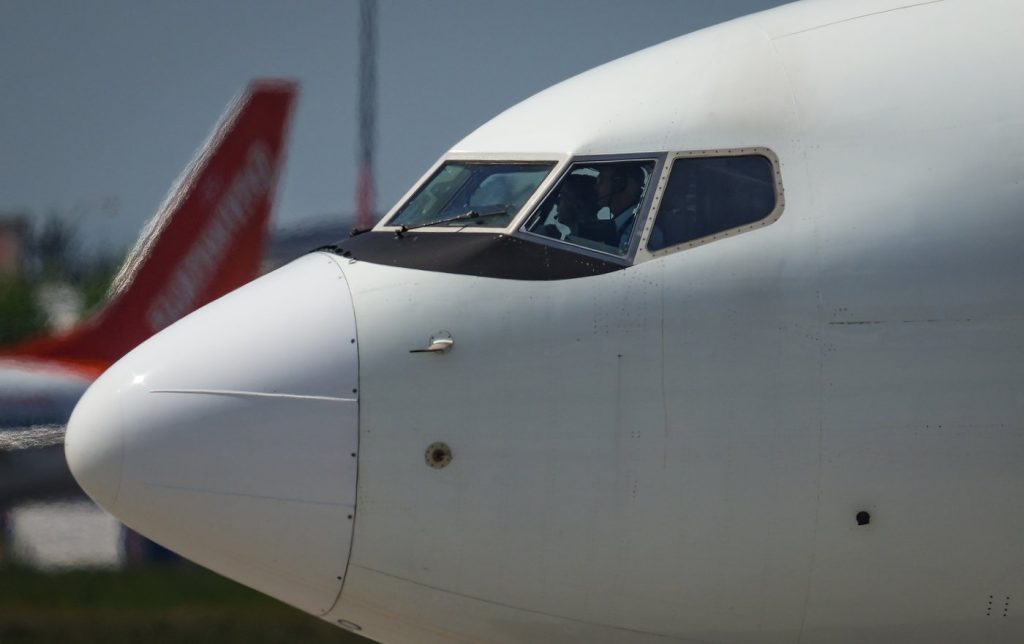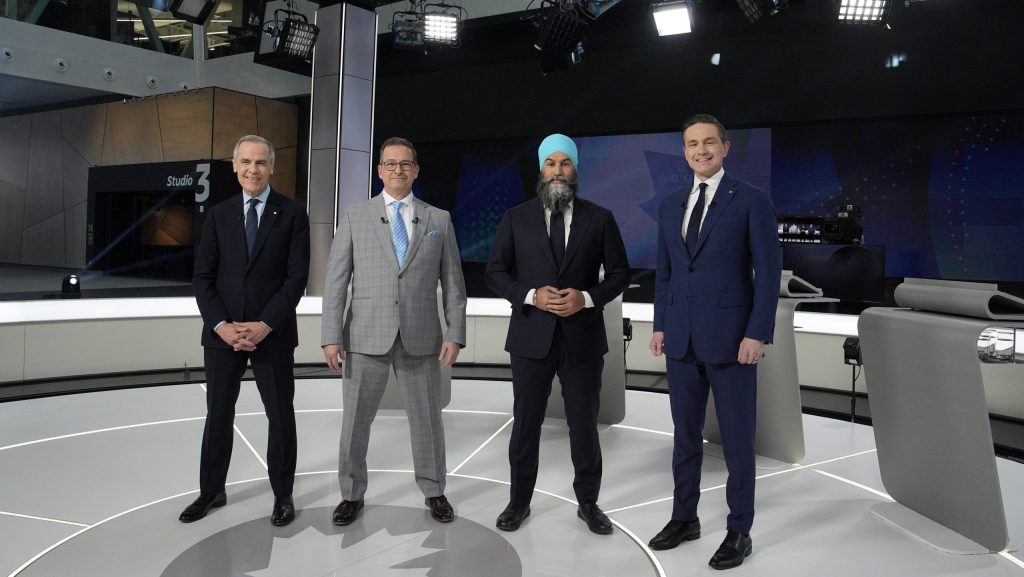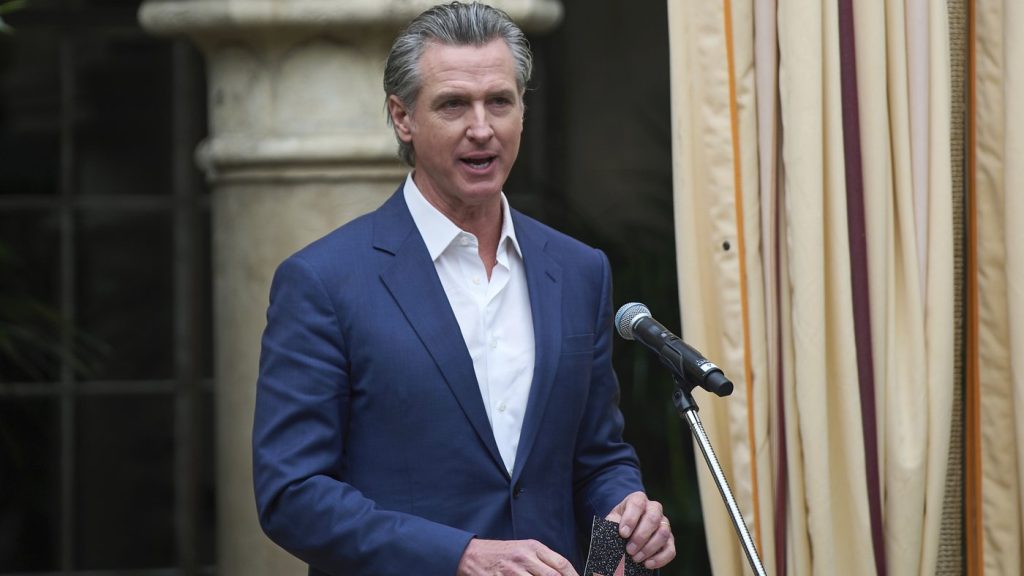On April 17, 2025, U.S. President Donald Trump maintained his firm stance on tariff policies during a meeting with Italy's Prime Minister Giorgia Meloni at the White House, expressing no intention to back down on his plans to impose tariffs globally. Trump's assertions have been accompanied by claims from his administration that these tariffs will enable the negotiation of new trade deals.
Trump reiterated, "tariffs are making us rich," and highlighted the significant revenue generated from various tariffs, including 25 percent on cars, steel, and aluminum, as well as 10 percent penalties imposed on China for fentanyl trafficking. Furthermore, he mentioned similar penalties placed on Mexico and Canada, also attributing these tariffs to issues surrounding fentanyl and border security.
Earlier in the day, Trump announced that he was confident a trade deal with the European Union would be reached within his 90-day pause on "reciprocal" duties. His remarks reflect the ongoing turmoil in global markets since the initiation of his trade war, which saw partial pauses introduced earlier in the month. This uncertainty has left countries, industries, and businesses seeking clarity on the actual objectives behind the tariffs—whether they are aimed at filling federal coffers, negotiating new deals, or countering Chinese economic influence.
During the meeting with Meloni, Trump suggested that numerous countries are eager to engage in trade negotiations, asserting, "Frankly, they want to make deals more than I do." He also mentioned having a "very productive" call with Mexican President Claudia Sheinbaum and indicated successful discussions with Japanese trade representatives on the same day. Trump concluded that every nation, including China and Italy, expressed a desire to meet, further complicating the narrative around the ongoing trade discussions.
Treasury Secretary Scott Bessent, who participated in the meeting, explained that the administration's strategy involves collaborating first with the "big 15 economies." He referred to ongoing dialogues with Japan, calls with the European Union, and forthcoming meetings with countries like South Korea and India. However, uncertainty surrounds Canada’s position within the administration’s priorities. For months, Canada has been the target of Trump's ire and has faced significant tariffs, particularly when the president slapped 25 percent tariffs across the board in early March. Despite a partial rollback of these duties shortly after their introduction, the president associated them with the influx of fentanyl, although U.S. government data indicates that seizures of the drug at the Canadian border are minimal.
These tariffs, including those on steel, aluminum, and automobiles, have had a detrimental impact on the Canadian economy. Recent data from U.S. Customs and Border Protection reveals that approximately USD $861 million has been collected in tariffs at the northern border since these policies were enacted. In discussions between Prime Minister Mark Carney and Trump last month, both leaders agreed to initiate negotiations for a new economic and security agreement following Canada's recent elections.
The Canada-U.S.-Mexico Agreement, which replaced the North American Free Trade Agreement during Trump's first term, was initially praised by the president. However, many experts believe that his current tariffs are undermining this continental trade agreement, creating further challenges and uncertainties regarding trade relations in North America.












